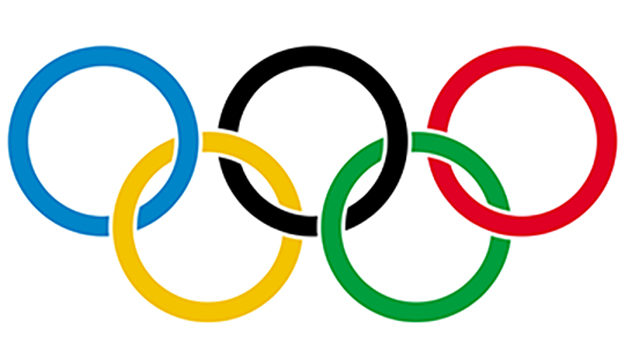Dear Friends,
I enjoy watching sporting events but do not often spend much time doing it. This past week, thanks to steady
rains in the Colorado mountains, I had the opportunity to watch the daily highlights of the Olympics. It was
odd to watch them without the normal crowds and national pride that has traditionally accompanied the
Games. I was appreciative of the background stories that television provided so that I could get to know the
athletes.
I found myself intrigued by the Olympic sports that are judged by a panel of “experts” who award points
for skill and style: synchronized diving, figure skating, and gymnastics. In an age which prides itself on
self-expression, it was quite common for judges to yank gold from the hands of a certain gymnast or diver for
failing to exactly meet mind-bogglingly specific requirements of form. While watching synchronized diving, I
was impressed by dives which for some reason left judges unimpressed. On replay, commentators explained
how the divers had made miniscule departures from established standards—miniscule to the untrained viewer,
that is, but massive to a trained eye. A tiny tip of a toe might be all that mattered. After thousands of hours of
training, an error too small and too brief for the average spectator to see may consign an athlete to obscurity.
Despite the way in which sentimentality governs modernity, the Olympics are indifferent to the physical
suffering required to enter the games and indifferent to the spiritual and emotional suffering most athletes
endure when they return home. The Games would have us understand that there is something beyond our
feelings. I suppose simply being a participant in the Olympics should be satisfaction enough, but to win the
gold requires a perfection and a speed that few human beings can duplicate. The Games give witness to what
we humans will do to achieve what we want. The spiritual question for me becomes, “am I willing to do the
same for a heavenly crown?”
In watching the background stories, I am always impressed with the amount of training, practice and discipline
that is required to simply make it to the Olympics. I can understand why athletes may sense that the emotional
burden is simply too much and that they may be in physical danger if they are not operating at their highest
abilities.
I found an article by Zac Davis on America magazine’s website about Simone Biles decision to not participate
in some events quite interesting. Simone is a Catholic and the article reflected upon her witness to spiritual
discernment in the midst of societal pressures. Here is a bit of what he said,
“Ignatius advised that we should ask in prayer to be free from attachments. He understood how easily the
stuff of our lives, even things that have been good to us can end up becoming so important to us they get in our
way from seeing the world as it really is. As a result our ability to perceive and respond to God’s invitations
becomes more difficult. We can be attached to narratives about who we are and who other people are, to
plans and goals, to monetary gain, to social capital, to what others think about us. Ignatius also recognized
that it is possible for things that at first or even second glance seem like good desires and attachments to rule
over our lives in a way that imperils our freedom.
What could some of outside pressures on Ms. Biles be? They aren’t difficult to imagine: expectations of being
the G.O.A.T. and performing as such, sponsorships, representing family and an entire country. ‘I truly do feel
like I have the weight of the world on my shoulders at times,’ Ms. Biles wrote on Instagram a few days ago
after the preliminary trials. ‘I know I brush it off and make it seem like pressure doesn’t affect me but damn
sometimes it’s hard.’
Even if we aren’t carrying around the pressure of performing as one of the greatest athletes of all time, we are
all susceptible to the undercurrents in our culture that preach grit, grind and pushing through. Whether for
money or for social acceptance, the impulse to never! stop! improving! adds to the perils of a wellness culture
that says we’ll be perfect if we just practice self-improvement until we’re dead. Simone Biles has offered us
proof that impulses to be the best do not need to rule over our lives.”
Peace,
Fr. Damian



